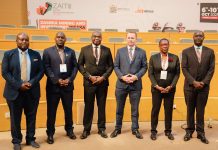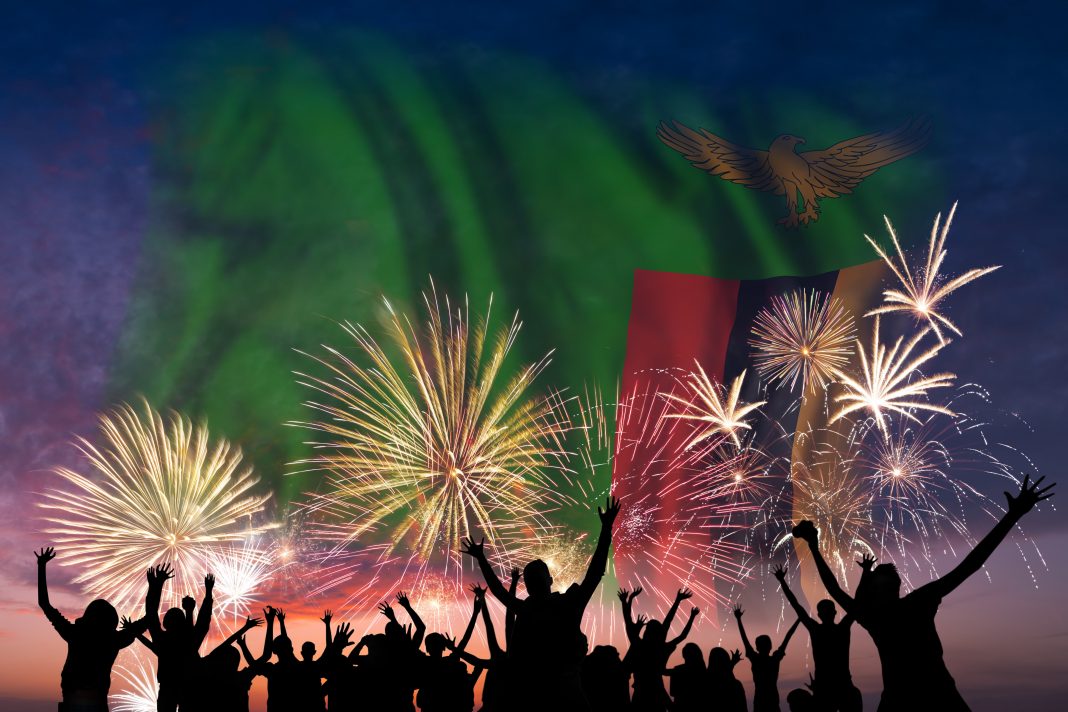Monday marked Zambia’s third peaceful transfer of power since the start of multi-party rule in 1991, with leader of the United Party for National Development (UPND), Mr Hakainde Hichilema, winning a landslide victory in which he obtained 59.4% of the country’s vote.
This election marks a very welcome return to political civility and stability. As well as being attributes that Zambia has cherished for itself and for its society, the quality of its democracy once gained the country a very favourable reputation. But there has been a worrying slide in this standard of democracy in recent years.
The Varieties of Democracy Project (V-dem), a trusted source of information on indicators of democratic progress or regression, noted with concern in its 2020 Democracy Report “a remarkably rapid decline in the quality of democracy since the last election in 2016”, to the extent that Zambia was at risk – along with just ten other countries – of becoming an autocracy within a few short years. Already, V-dem warned that Zambia had become what it terms an “electoral autocracy”, which last week’s press and internet shutdowns only served to confirm.
Despite Zambia’s history as a politically stable country, it was categorised as only “partly free” in both the 2019 and 2020 Freedom in the World reports, produced by Freedom House, a trusted nonpartisan organisation which works at strengthening democracy around the world. Amnesty International, too, has expressed concern over “an increasingly brutal crackdown on human rights” in the last five years, “characterised by brazen attacks on any form of dissent.” Among those regularly targeted are journalists, activists and, of course, opposition leaders.
The significance of his excellency Mr Hakainde Hichilema promising a “better democracy” – and openly bidding farewell to an outgoing regime that he called “brutal” – was not lost on the millions of Zambians listening to his debut address to the nation on Monday. Nor was it lost on Zambia’s neighbours which, in offering their congratulations, acknowledged that this election is a big win for the region, too.
“The significance of his excellency Mr Hakainde Hichilema promising a “better democracy” was not lost on the millions of Zambians listening to his debut address to the nation.”
President of Botswana, Mokgweetsi Masisi, congratulated the people of Zambia in his capacity as chairperson of the Southern African Development Community (SADC) Organ for Politics, Defence and Security, “for consolidating democracy in their country and the region through peaceful elections”. South Africa’s Mmusi Maimane, former chairperson of the Southern African Partnership for Democratic Change called Mr Hichilema’s victory “a positive forward for the people of Zambia and for the whole of the [SADC] region.”
The effects of Zambia’s return to the robust democracy that its people cherish will be felt far beyond Southern Africa, too. The country which was viewed by the international community as a stable and safe place in which to invest, do business, work, and live may again put its best foot forward.
And, just as this is a victory being celebrated for the benefits it brings Zambia’s internal political arena, it also sets down a marker for democracy in the Continent, instilling hope for a future where accountability reigns, and nobody is above the rule of law.
See also: The first 100 days























